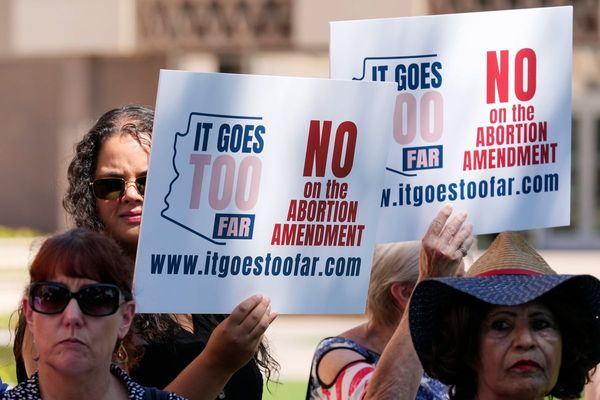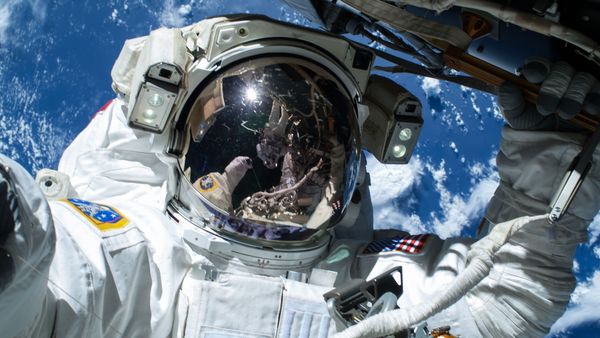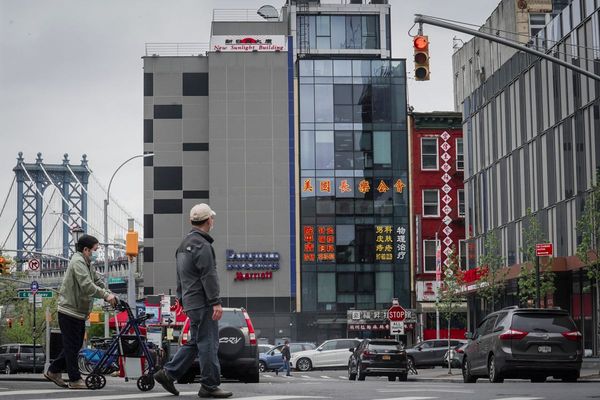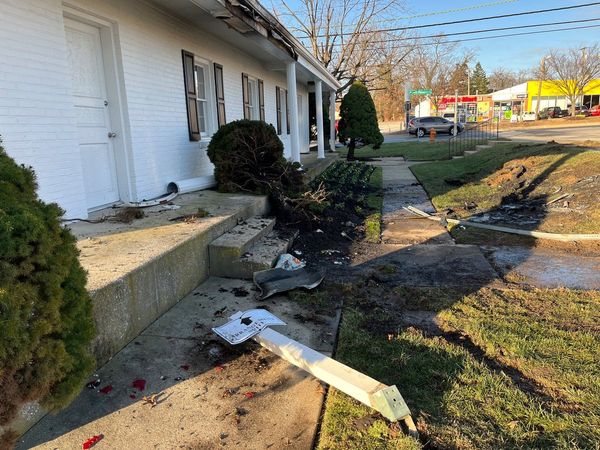
No matter what happens on Saturday, the referendum campaign is likely to continue taking a mental and emotional toll on First Nations peoples, an expert says.
Black Dog Institute First Nations strategy and partnerships director Clinton Schultz told Crikey the Voice to Parliament referendum has been distressing for Aboriginal and Torres Strait Islander peoples.
“As professionals in the field, what we’re witnessing anecdotally are reports of increased psychological distress from community members,” he said.
“People making contact with us are associating that with all the stresses of the referendum, the discourse and the constant discussion and focus. It’s been really overwhelming for a lot of people.”
Prime Minister Anthony Albanese has said the government received “feedback” that the referendum campaign was likely to create an increased need for mental health funding. In the May budget, $10.5 million was set aside for projects to boost mental health support for First Nations peoples.
Prior to that announcement, the Australian National University was awarded an $834,000 tender for monitoring the health needs of Indigenous peoples during the campaign.
National Centre for Aboriginal and Torres Strait Islander Wellbeing research professor Raymond Lovett said the aim of the project was to give the Health Department and mental health service provider agencies information so that they could “respond with timely provision of mental health supports”.
“As part of this research project, we conducted focus groups with 84 Aboriginal and Torres Strait Islander people across six locations in April this year,” Lovett, a Wongaibon man, told Crikey.
“We have also been analysing survey data to track levels of mental health and wellbeing during the referendum period. We have provided detailed reports of the findings of this work to the Department, along with briefings about the results to several Aboriginal and Torres Strait Islander health organisations and relevant public service agencies to assist them to respond to community needs during this time.”
The project also developed fact sheets that have been made publicly available.
One of the sheets says the researchers were told Aboriginal and Torres Strait Islander peoples were experiencing additional sources of stress related to the referendum, “adding to the load that mob are already carrying”.
“The proposed alteration to the constitution is about recognition of Aboriginal and Torres Strait Islander peoples. This means that conversations about the referendum are tied to identity and can have deep and ongoing impacts,” the fact sheet says.
It also says participants had experienced increased racism, including “unfair and harmful interactions in day-to-day life, overhearing racist comments, and negative messages in the media”.
Another source of stress was the pressure to “educate and inform non-Indigenous people about the referendum”.
“This can cause a heavy mental load. Repeatedly walking people through history can also be triggering or re-traumatising,” the fact sheet says.
Schultz, a Gamilaroi man and psychologist who was not involved with the ANU study, echoed that concern.
“It’s the cultural load that’s been put on First Nations people, we’ve been expected to be experts on everything to do with the referendum through the process,” he said.
“There’s been an unspoken expectation that we’d be forthcoming and that we’d educate the rest of Australia on that, but that’s not our role. The same information that’s available to us as First Nations peoples are also available to any other Australians.”
Schultz said he didn’t believe the problem would go away even if the Voice should get up.
“I don’t think it’s miraculously going to change on Saturday, no matter what the result is,” he said.
“There’s going to be ongoing discussion and focus on this either way. If it comes through as a Yes, that’s just the beginning. There’s so much more work that needs to be done to make it a positive initiative that can actually improve outcomes in social and emotional wellbeing.”
The Black Dog Institute, along with several other leading mental health groups, launched an initiative called the Respectful Referendum Pledge last month. According to NITV, the aim was to reduce the social and emotional harm to First Nations peoples associated with the referendum, including after the vote itself.
The ABC reported the group met with the government, crossbench and the Greens during a visit to Parliament House last month, but the Coalition reportedly did not agree to attend a meeting.
For anyone seeking help, Lifeline is on 13 11 14 and Beyond Blue is on 1300 22 4636. In an emergency, call 000.







